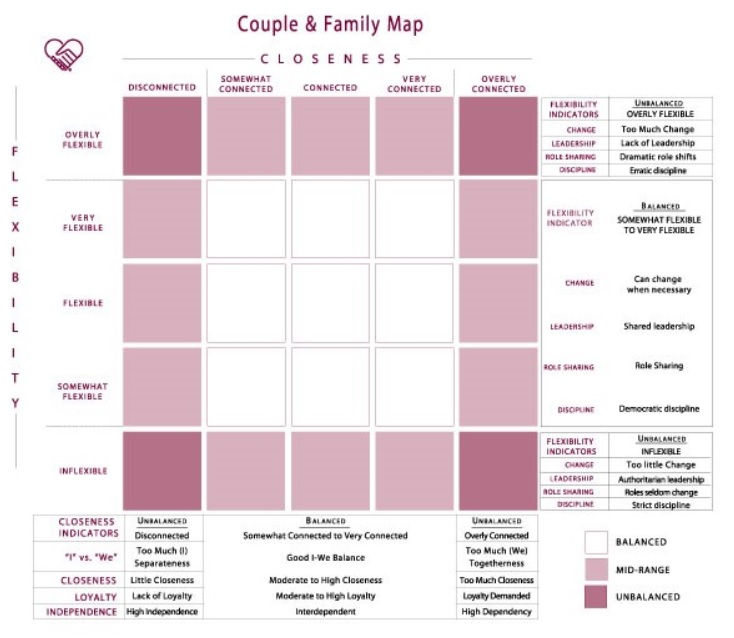The Psychology of Religion
- rogerlinpsyd
- Sep 27, 2023
- 3 min read
What is the "psychology of religion"?
The psychology of religion is using psychological methods to understand religion. Psychological methods include the scientific method of observation, quantitative, and experimental procedures to test hypotheses about causal relationships. It also includes qualitative and phenomenological methods such as case studies and interviews. Psychologists of religion attempt to describe and organize religious content, experiences, and behaviors. They try to explain the origins of religion both in history and in individual lives. They want to understand the effects of religion for both individuals and for the society. In short, the psychology of religion is the human effort to understand and explain religion.
The psychology of religion arose in the 20th century (William James, Hegel, Otto),and was operationalized to study Protestant Christianity. More recently, "religion" in the study of the psychology of religion has been denoted as the established institution of religion. The term "spirituality" is currently being operationalized and studied.
Why should we care about the psychology of religion?
In our current cultural climate of postmodernity, deconstruction, and post-Christendom, it may be helpful to engage with the conversation of psychology of religion to find common ground to move forward productively.
Hypotheses from the psychology of religion.
Here is a list of some of the hypotheses that the psychology of religion has been working on, just to give you an idea of how they are understanding religion.
1. Secularization. The secularization hypothesis argues that science and technology will take the place of religion. 2. Religious transformation. The religious transformation hypothesis argues that our trend towards individualism and social disintegration will make religious practice more individualized and spiritually focused.
3. Religion develops to fill the human need for security. This hypothesis argues that in societies that have social and economic security, the people will have more secularization due to a lack of the need for religion. They argue the that religion continues in the third world where there is social and economic insecurity.
4. The religious experience develops in stages. This hypothesis takes stage models, like models by Jean Piaget and Lawrence Kohlberg, to explain how we develop ideas about God and religion. James Fowler proposes his Stages of Faith.
5. Religiosity comes naturally to young children. This hypothesis states that children have an innate concept of mind-body dualism
6. Religious consciousness/cognition. This hypothesis explains that religious beliefs and ideas about God are a product of evolutionary adaptation and coping with the unknown and unmet expectations.
7. Religious practice often manifests itself in some form of prayer. Studies are trying to explain the effects of prayer on health.
8. Religious practice becomes a ritual. This hypothesis argues that religious behaviors become a performance of repetitive actions and vocal expressions based on prescribed tradition and cultural norms. They argue that ritual provides catharsis and emotional release through distancing.
9. Religion and health. Psychologists consider that religion may benefit both physical and mental health in various ways, including encouraging healthy lifestyles, providing social support networks and encouraging an optimistic outlook on life; prayer and meditation may also benefit physiological functioning.
10. Religious personality. This hypothesis suggests that people who identify as religious are more likely to be high agreeableness and conscientiousness. Similarly, people who identify as spiritual are more likely to be high on Extroversion and Openness. People endorsing fundamentalist religious beliefs are more likely to be low on Openness.
Now what?
Take some time to reflect on your own spiritual journey and life. Consider these hypothesis from the study of psychology of religion for yourself Do you agree or disagree with them? Consider sharing some of these concepts with friends and family as discussion points regarding one another's spiritual lives.

Comments